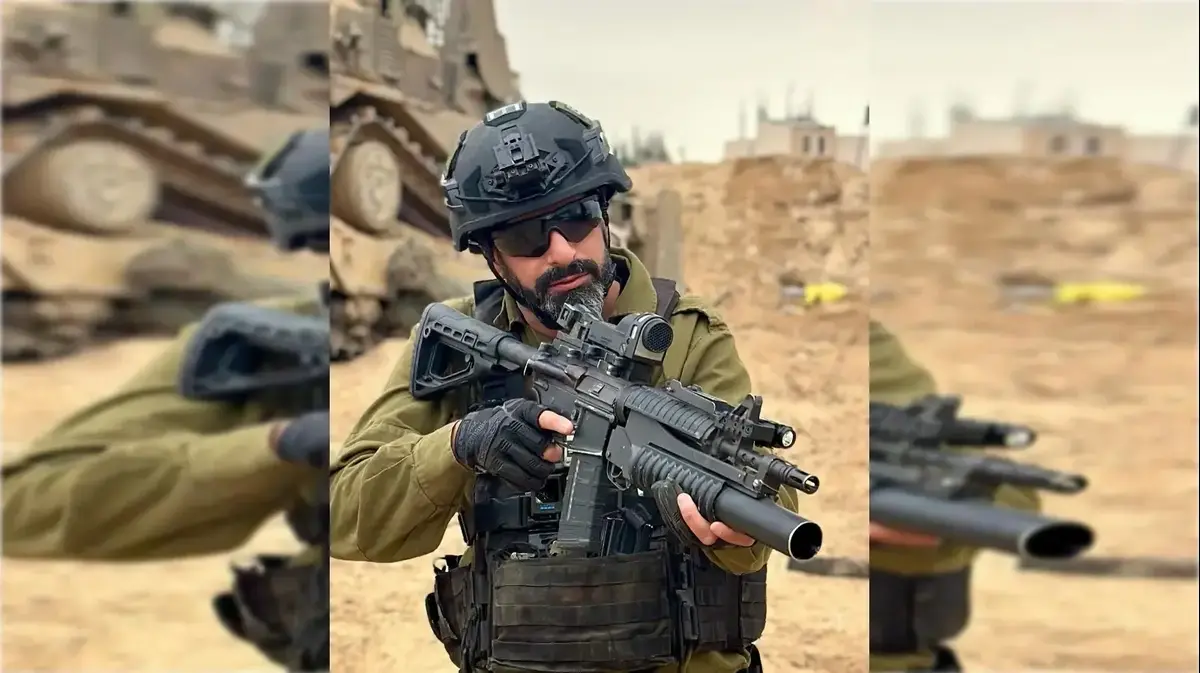The Tragic Aftermath of Battlefield Adrenaline
The recent passing of Eliran Mizrahi has not only shed light on his personal struggles but highlighted a broader issue faced by many military fighters. Eliran is one of several soldiers who have described the intense pull of combat as a 'rare, strong and powerful drug.' Fighters often experience a high surge of adrenaline and dopamine during combat, leading to a severe sense of withdrawal and emptiness upon their return to routine life. This addiction to the battlefield is not widely discussed, yet it profoundly affects many veterans.
Mental Health Crisis in the Israeli Army
Eliran's tragic story is part of a larger crisis within the Israeli army. Reports reveal that several soldiers have committed suicide after either facing the horrors of combat or the daunting task of returning to civilian life. Since October 7, 10 officers and soldiers have taken their own lives. The ongoing conflict in Gaza has compounded these issues, as the psychological toll of prolonged exposure to warfare becomes increasingly evident. The army is currently facing its biggest mental health challenge since 1973, impacted heavily by the relentless confrontations with Palestinian resistance factions.
A Call for Comprehensive Support Systems
The urgent need for emotional and psychological support for returning soldiers cannot be overstated. Experts, such as Dr. Shira Sobol, emphasize the importance of viewing combat as an addiction and ensuring that soldiers are not just physically healthy but also mentally sound upon their return. Society must be proactive by identifying early warning signs of anxiety, depression, and restlessness that soldiers experience. Additionally, integrating soldiers into meaningful volunteer projects can provide them with a critically needed sense of purpose and continuity. The tragic ending of Eliran's life serves as a solemn reminder of the essential duty to care for the mental well-being of those who serve.
- The mental health issues plaguing the Israeli army are compounded by the pressures of persistent warfare. Reports indicate that despite the substantial number of wounded and dead, the true figures might be even higher than what is publicly disclosed. This lack of transparency adds to the stress and emotional burden faced by soldiers and their families.
- In addition to psychological support, there is a dire need for structural changes within the army to address these challenges. Surveys show dwindling morale among officers, with fewer soldiers willing to continue service after enduring the brutal conditions of the Gaza conflict. The shortage of reserve soldiers further exacerbates the problem, forcing the army to seek volunteers to fill the ranks.
- Broader societal acknowledgment of these issues and concerted efforts to provide comprehensive support can prevent further tragedies. Solutions must encompass both immediate mental health care and long-term integration strategies to help soldiers transition back into civilian life seamlessly.






